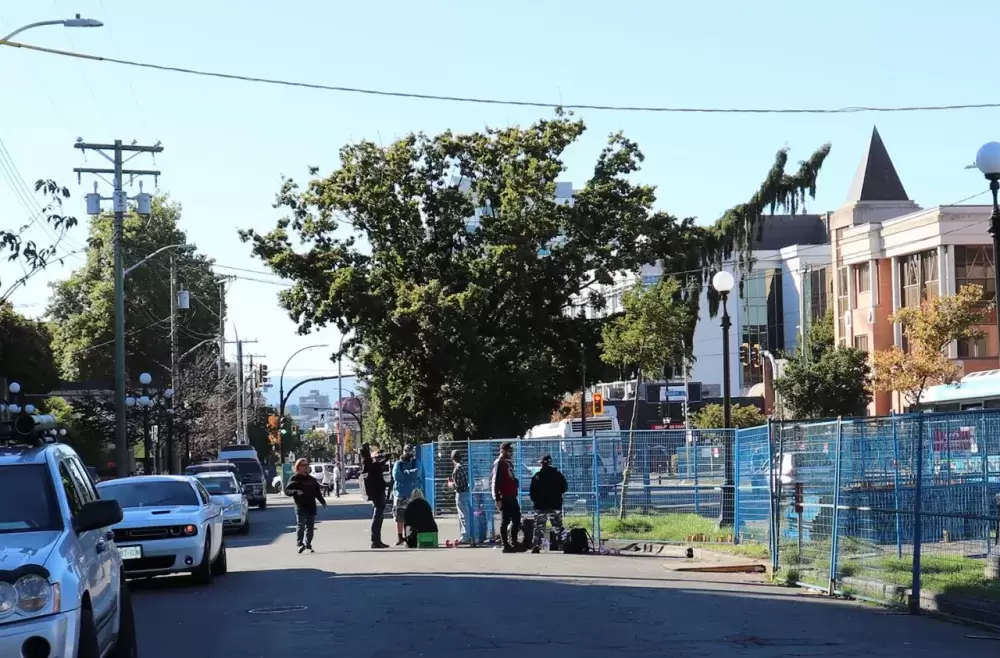The number of recorded illicit drug deaths in British Columbia has increased by 112 per cent this September compared to the same month last year, according to the BC Coroners Service.
The province announced 127 fatalities in September alone.
While it did see a 15 per cent decrease from the number of deaths in August, Kevin Hollett, communications lead at the BC Centre on Substance Use, said that it’s too early to extract any kind of trend.
“We wouldn’t really know if there’s something else that’s going on until we start to see two or three months worth of trends,” he said.
The return of key harm reduction services – including increased access to overdose prevention sites and drug checking services – may account for the reduction in deaths in September compared to August, said a spokesperson from the BC Coroners Service.
People between 30 to 59 years old represent those most affected, with males accounting for 80 per cent of the deaths in 2020. First Nations people face a fatality rate five times greater than the rest of the province.
Vancouver, Surrey and Victoria continue to experience the highest number of illicit drug deaths within the province.
The BC Coroners Service attributes the increase in deaths since September 2019 to a combination of factors, including increased isolation during the pandemic and reduced access to key harm reduction services.
“The response to the pandemic to reduce infection has led to a reduction in access to services – some services are operating on reduced hours or have closed,” said Hollett. “The drug supply has [also] been really impacted and it’s become more potent and toxic as a result.”
Last month, Provincial Health Officer Dr. Bonnie Henry issued a public health order that allows more health professionals to prescribe safer and more accessible alternatives to the street drug supply, in an effort to help slow down the province’s overdose crisis.
“We know the pandemic has only made the street drug supply in B.C. more toxic than ever, putting people who use drugs at extremely high risk for overdose,” said Henry in a release. “Giving physicians and nurse practitioners the ability to prescribe safer pharmaceutical alternatives has been critical to saving lives and linking more people to treatment and other health and social services.”
The legal framework around illicit substances needs to be reassessed as an immediate response to the overdose crisis, said Hollett.
“We need to do a lot provincially and nationally to develop that substance abuse systems of care,” he said. “That means investing in addiction medicine training, making sure there is more clinicians and health care providers across the province – specifically in rural and remote communities who can start to help connect people to harm reduction services, connect them to medications and connect them to recovery services.”







